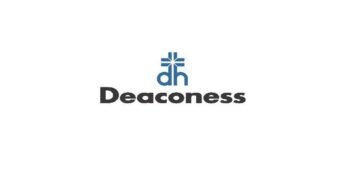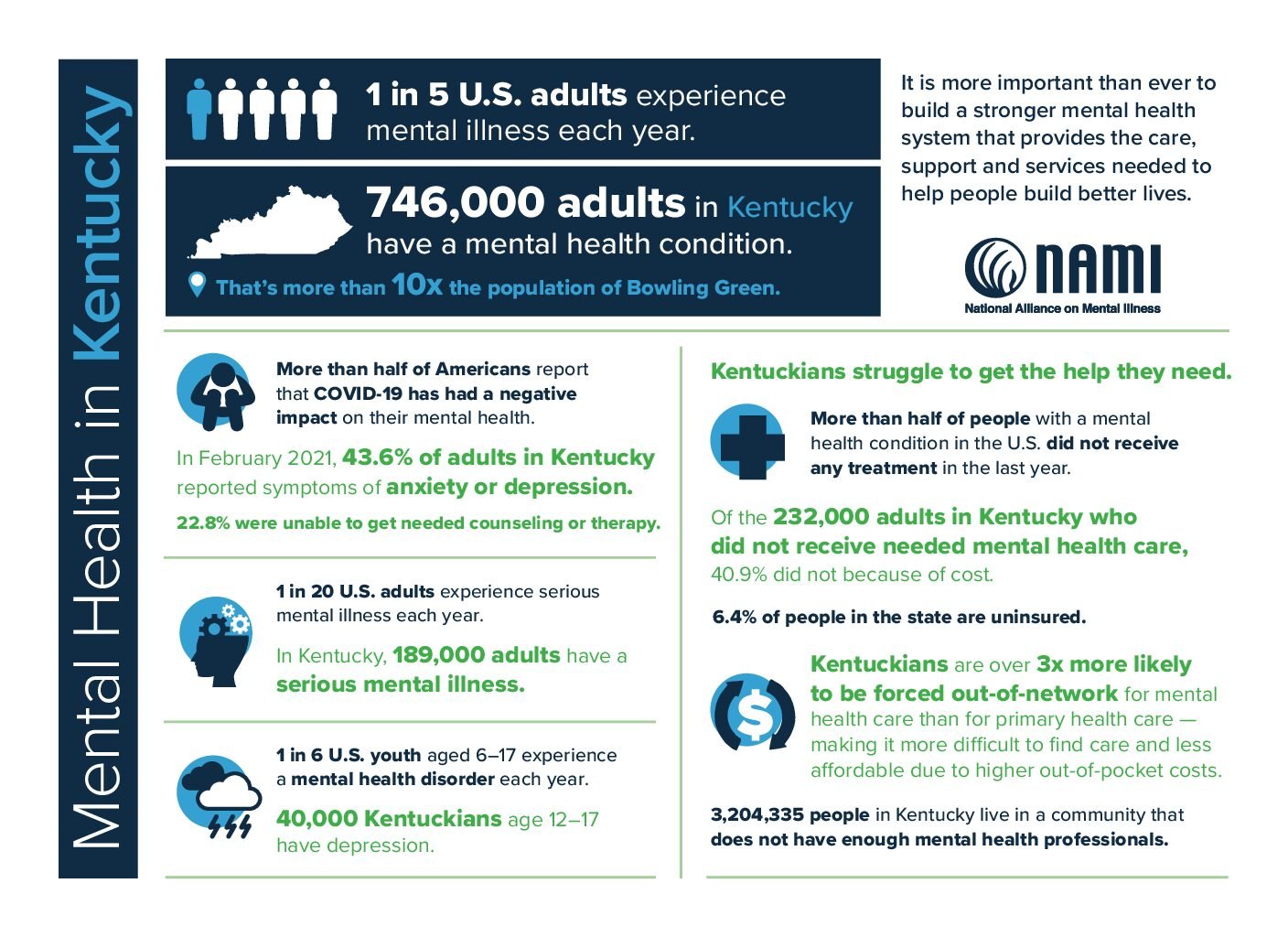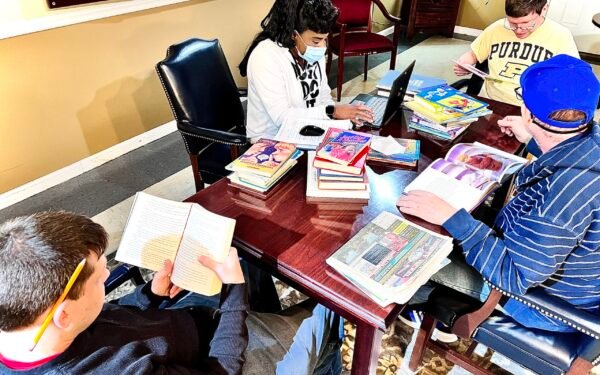When asking a group of students at Elevate about living on their own, the possibility inspires excited questions and comments.
“I’ll have freedom,” one says. “Do my own stuff.”
“Will someone help me with my money?” another asks.
They talk about regaining their own guardianship, having friends or family over for dinner, the price of rent and a driver service—“Kind of like our own Uber!”
This conversation is occurring because Elevate, formerly the Hugh Edward Sandefur Training Center, has applied for funding from the Kentucky Housing Corporation to build a new residential community, called Elevate Estates, for students and others who have barriers to an independent lifestyle. Elevate will learn if it’s received the $15 million in funding in February.
Initial steps to make this a reality have already occurred. A 12-plus acre lot on Old Madisonville Road, owned by Pittsburg Tank and Tower, was gifted to Elevate for the project.
Pittsburg President Ben Johnston said he is donating the land because God has blessed him and his family and he wanted to give back to the community.
“One of my personal missions is to be a river and not a dam, and to care and help others,” he said.
His son, Chris, is on the board of Riverview School and this connection furthers Johnston’s call to help those with disabilities.
“God’s special children are special children, too,” Johnston said.
In August, the Henderson Joint Planning Commission approved a zoning request to change the land from agriculture to planned unit development so that the residential community could be built there.
Julie Wischer, the executive director of Elevate, said if funding is awarded in February, she hopes construction can begin in August 2024 with a move-in set for October 2025. But she said that timeline is tentative and keeping to it will depend on the supply chain.
The community need for this housing is big, Wischer said, adding she’s been told by many that the units will be snatched up quickly.
“Our eyes have been opened to a much greater need,” she said.
The community will be staffed with employees who will remain on-site to provide support to people living in the apartments, which will include not only Elevate students, but also others in the community, Wischer said.
People suffering from mental health issues and chronic drug and alcohol abuse are included, she said, adding that both of those are driving factors for homelessness which is a major problem in the area, though it often goes underreported or unnoticed.
“(Residents) have to have a disability that presents a barrier to their independence,” she said.
Wischer said the way that Elevate defined disability in its grant application to KHC was very broad and diverse, which will allow the community to be able to accept more people. It also could be a determining factor in getting the grant funding, she said.
Additionally, Wischer and staff applied for and then completed training from the KHC. The training occurred two days each month from February through July. Completing the training with KHC could be another factor in being awarded the grant, Wischer said.
The residential plan includes 16 two-bedroom apartments and 32 one-bedroom apartments, housing 64 people. At least two employees will be at the residences 24 hours a day. Wischer said there will be group and social activities, clubs, and on-call drivers to take tenants to appointments and fun activities off-site.
With the new campus and residential community, 13 new employees would be needed, Wischer said. And the current $1 million annual budget at Elevate would more than double to $2.5 million.
The nature of current students at the training center gives Wischer optimism that Elevate Estates will continue to be a community in which students and residents not only support but celebrate each other.
She said it’s “so rare in today’s world” to see a group of people without any jealousy towards one another. But that’s what happens at Elevate.
“We celebrate each other,” Wischer said. “When someone gets a job in our community, we celebrate that.”
Elevate’s current facility on Market Street provides day training for about 50 individuals with intellectual disabilities with the goal of moving to outside jobs, if their skill level allows. Elevate staff also teach classes, including speech, spelling, current events, English, math and work ready.
A new building to teach these community-based services would also be built on the Old Madisonville Road location, if funding is approved. Wischer is less firm on the specifics of this construction but said it would cost around $4 million to $5 million and would begin after work on the residential community has begun.
One of the drivers of this project, as it turns out, was the COVID-19 pandemic, Wischer said. From March 18 to July 5, 2020, the center closed and taught classes on the internet. This, in turn, caused the center to lose all sources of income, she said.
Understanding this and a renewed focus on the center’s mission to “create a pathway to independence” for people with disabilities pushed Elevate’s stakeholders to find new ways to assist while also remaining financially viable, Wischer said.
Currently, Elevate is paid for supportive services, such as teaching, through Medicaid. It will receive funding with its apartments through rent and if a resident qualifies, Section 8 vouchers from Housing and Urban Development.





















